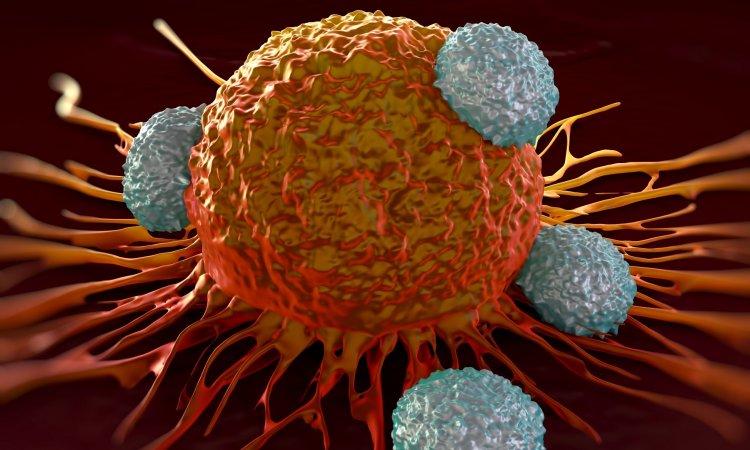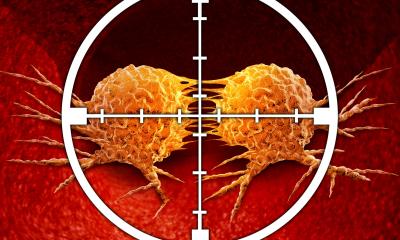Immunotherapy
apceth and University of Cologne to Join Forces
apceth announced a broad partnership with the Center for Molecular Medicine Cologne (CMMC), University of Cologne, to combine technologies and expertise, on the development of immunotherapies for solid tumors and haematological malignancies. The collaboration will start immediately and is based on combinations of Chimeric Antigen Receptor (CAR) T cells, developed at the laboratory of Prof Hinrich Abken against multiple tumor-associated antigens, and apceth-developed engineered mesenchymal stem cells (MSCs).

apceth is developing autologous (patient-derived) and allogeneic (off-the-shelf) engineered MSCs that migrate to tumors and sites of injury or inflammation, based on their natural homing capabilities, where they express therapeutic transgenes. CART cells are based on T-cells taken from patients and engineered to target and destroy tumor cells that express specific markers. The specificity is dictated by the CARs they express, which also enable them to become activated. The activation, however, is not usually optimal, due to the immunosuppressive tumor microenvironment.
This collaboration will focus on the use of engineered MSCs to promote the local activation of CART cells within tumors. The approach will therefore increase the specificity of CART immunotherapies, as activation of CART cells will be limited outside of tumors. Dr. Christine Günther, CEO of apceth, commented: “Immunotherapies have revolutionized cancer care and brought hope to many patients. However, the tumor specificity of many of these approaches remains suboptimal. We see the powerful combination of apceth gmMSCs with CARTs as a great opportunity to overcome some of these barriers and boost the specificity and clinical efficacy of CART cell approaches. We are delighted to be working alongside Prof Hinrich Abken, a pioneer in the field with tremendous experience in CART biology and see many synergies with apceth’s gmMSC platform technology and our track record in preclinical and clinical development of genetically-modified cells for clinical trials.”
Prof Abken, head of Tumor Genetics at the Center for Molecular Medicine Cologne and Professor at the Dept I for Internal Medicine at the University Hospital Cologne, is delighted to be cooperating with apceth: “Combining apceth’s gmMSCs with CAR T-cells we developed in Cologne during the last decade may open new paths for the treatment of solid cancer. Tumors have evolved multiple strategies to resist an immune attack; we are aiming at focussing the power of the immune system towards the tumor lesion in a specific way while minimizing systemic side effects.”
Under the terms of the agreement, apceth will develop and optimize gmMSCs that can generate a pro-inflammatory tumor microenvironment. These will be combined with different CART cells developed by Prof Abken against multiple pre-agreed cancer-specific markers found on solid tumors and haematological malignancies and tested in various preclinical models. Successful candidates will be optimised and further developed for clinical trials.
Source: apceth GmbH & Co. KG and Center for Molecular Medicine Cologne, University of Cologne
13.07.2015





